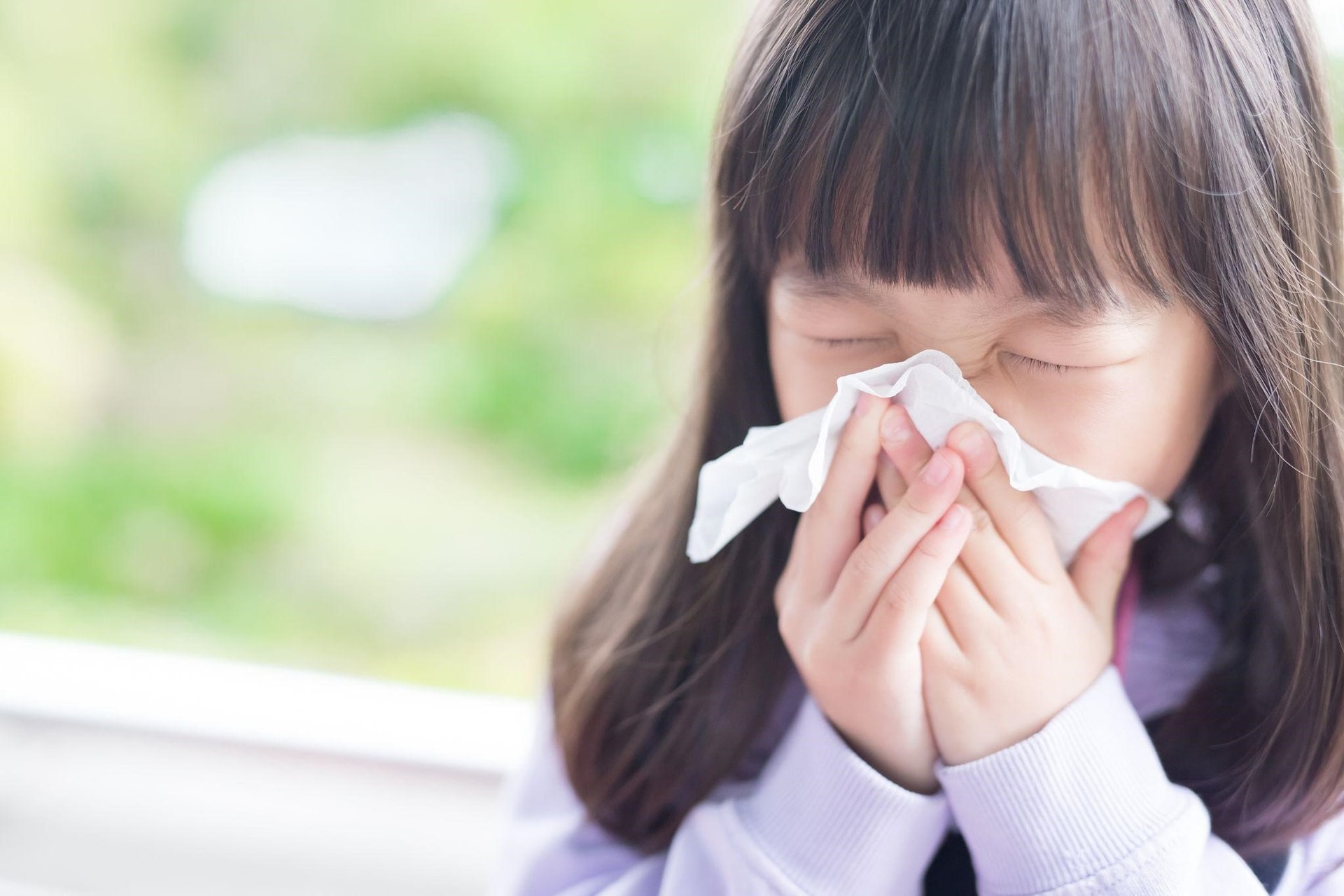During the transition from winter to spring and when air humidity drops, it is necessary to pay special attention to health monitoring and apply effective preventive measures to minimize the risk of respiratory diseases.

When the body is exposed to cold weather or is infected with a cold, the respiratory system, especially the upper respiratory tract, is often the first area to be negatively affected, which can lead to a variety of inflammatory reactions, such as rhinitis, pharyngitis or sinusitis.
In severe cases, pathogenic bacteria or viruses can penetrate deep into the lung parenchyma, causing serious problems such as bronchitis or pneumonia, greatly affecting overall health.
Therefore, during the transition from winter to spring and when the humidity in the air is low - ideal conditions for bacteria and viruses to grow, it is necessary to pay special attention to health monitoring and apply effective preventive measures to minimize the risk of some common respiratory diseases.
The weather is gradually changing from the typical cold of winter to the gentle warmth of spring, bringing with it significant changes in environmental factors such as increased humidity and still low temperatures.
Along with that, the body's natural immune function during this period is often impaired, creating favorable conditions for the growth and proliferation of many types of bacteria, viruses, molds and other harmful agents.
To reduce the risk of respiratory diseases during the changing seasons, vaccination is essential. Specifically, it is advisable to form a habit of getting a flu vaccine every year, as well as getting a pneumococcal vaccine every 5 years.
The risk of respiratory infections increases in crowded and poorly ventilated environments. Meanwhile, traditional Tet and spring festivals are occasions for people to gather together - a typical highlight in East Asian culture.
To ensure the safest living environment possible, it is essential to limit access to closed, crowded spaces and avoid close contact.
Meeting outdoors is safer than indoors, especially if the indoor space is small and not well ventilated or connected to outside air flow.
Make sure the mask covers your nose, mouth, and chin. Wash your hands before putting on the mask, and before and after removing or touching it.
After removing the mask, place it in a clean plastic bag. If using a cloth mask, wash it daily. For medical masks, throw them away in the trash immediately after use.
Regularly washing your hands with an alcohol-based hand sanitizer or soap and water is an essential habit to protect your health.
Washing hands after returning from public places, before and after meals, before preparing food, after blowing your nose, coughing, contact with animals, handling waste and using the toilet are important times. This habit helps to promptly eliminate viruses and bacteria, contributing to reducing the risk of infection.
Always cover your mouth with your elbow or a tissue when you cough or sneeze. Immediately after using a tissue, throw it in the trash and wash your hands frequently.
Practicing good respiratory hygiene and following infection control guidelines will help protect those around you from respiratory viruses, including influenza.
During Tet and the first days of the new year, we often consume foods rich in starch, protein and fat. However, it should be noted that maintaining a balanced and nutritious diet will help the body effectively increase resistance.
Therefore, make sure to balance the nutrient groups in your meals, including starch, protein, fat, vitamins and minerals. At the same time, prioritize drinking warm water and limit the use of food that has just been taken directly from the refrigerator.
TB (summary)